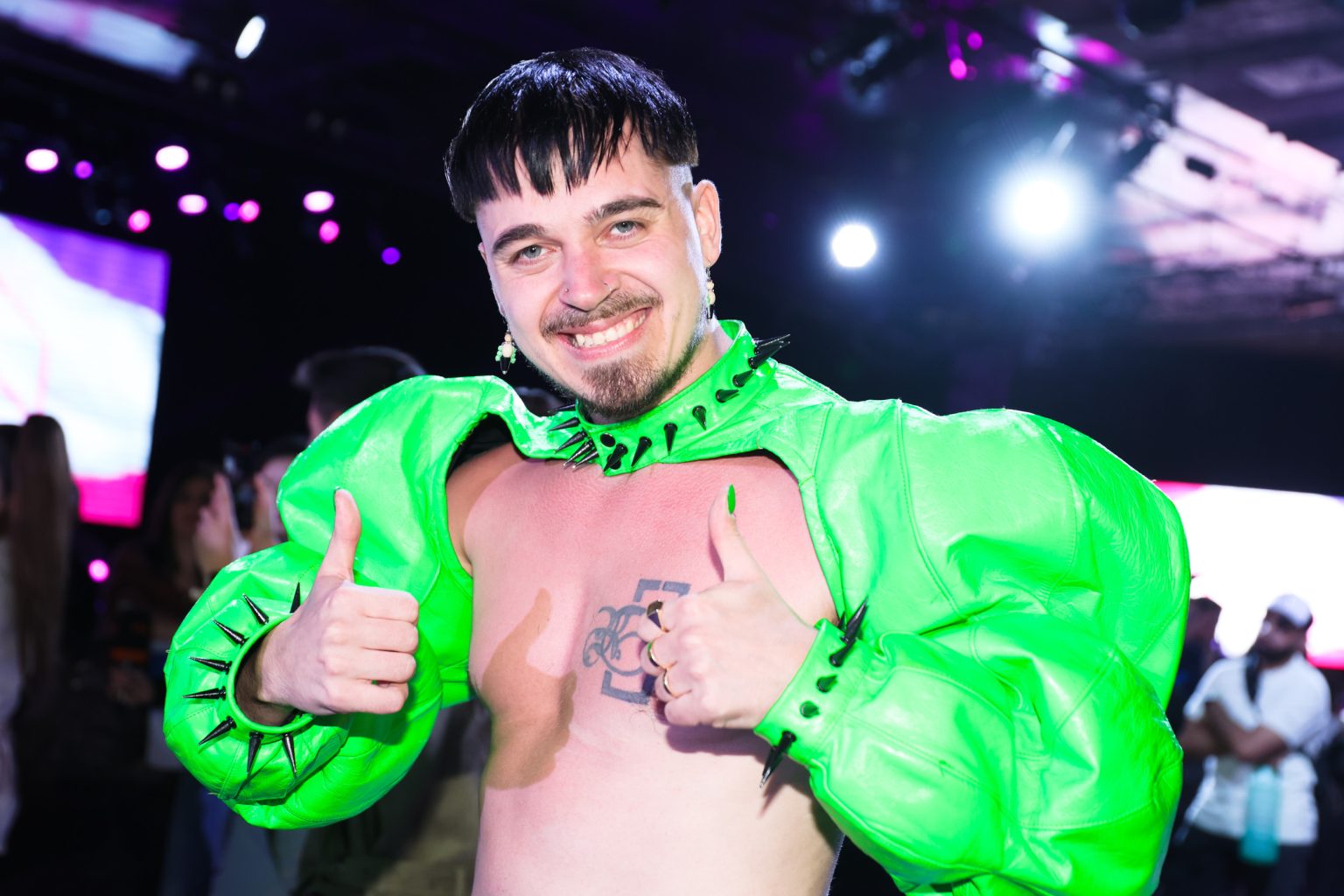Jere Mikael Pöyhönen, also known as Käärijä, represented Finland in the 2023 Eurovision Song Contest with his song “Cha Cha Cha,” where he finished in second place but won the public vote. During the 2024 contest, Pöyhönen was seen in a video dancing with Eden Golan, Israel’s contestant, sparking controversy due to Israel’s military operations in Gaza. The video, which has since been removed from social media, showed the two artists headbanging and singing together. Pöyhönen later issued a statement on Instagram, distancing himself from the video and clarifying that it was not a political statement or endorsement of any kind. There has been mounting criticism of Israel’s participation in the competition as conflict continues in Gaza, with thousands protesting and chanting “free Palestine” during Golan’s performance.
Israel’s inclusion in the Eurovision Song Contest amid ongoing military strikes in Gaza has led to increased scrutiny and criticism. More than 1 million civilians have sought shelter in Rafah since the conflict began, with thousands of casualties reported in the Gaza Strip. Amidst this backdrop, Golan performed her song “Hurricane” at the competition’s second semifinal, where videos showed members of the audience booing and chanting political slogans. Despite the protests and backlash, Golan advanced to the final round. The controversy surrounding Israel’s participation in Eurovision has drawn attention to the intersection of music, politics, and human rights, prompting discussions about the appropriateness of Israel’s representation in the competition.
The video of Pöyhönen and Golan dancing together highlighted the complexities of public figures engaging in activities that touch on politically sensitive issues. Pöyhönen’s decision to distance himself from the video reflects a desire to avoid being entangled in controversies that could overshadow his artistic work and personal beliefs. The incident serves as a reminder of the challenges faced by artists and performers when navigating the intersection of art, politics, and activism, especially in the context of international events like Eurovision. As tensions continue to simmer around Israel’s participation in the competition, it remains to be seen how artists, organizers, and audiences will navigate these complex dynamics in the future.
The significance of the Eurovision Song Contest extends beyond music and entertainment, serving as a platform for cultural exchange, diplomacy, and political expression. The presence of political controversies, such as Israel’s participation in the midst of conflicts in Gaza, underscores the contest’s potential to transcend music and enter the realm of global politics. As artists like Pöyhönen and Golan navigate these challenges, they are not only representing their countries on stage but also engaging with complex geopolitical realities that shape public perceptions and opinions. The evolving role of Eurovision as a stage for political statements and activism reflects broader trends in the music industry, where artists are increasingly called upon to address social and political issues through their work and public personas.
The response to the video of Pöyhönen and Golan highlights the power of social media in shaping public discourse and perceptions of artists and events. The video’s removal from social media platforms, as well as Pöyhönen’s statement on Instagram, demonstrate the ways in which artists actively manage their public image in an era of instant sharing and digital scrutiny. The Eurovision controversy underscores the challenges faced by artists in navigating political controversies, balancing personal beliefs with professional commitments, and responding to public expectations and criticisms. As the competition continues to unfold, the incident involving Pöyhönen and Golan serves as a reminder of the complexities and responsibilities that come with being in the public eye, especially during times of heightened political tensions and social unrest.


